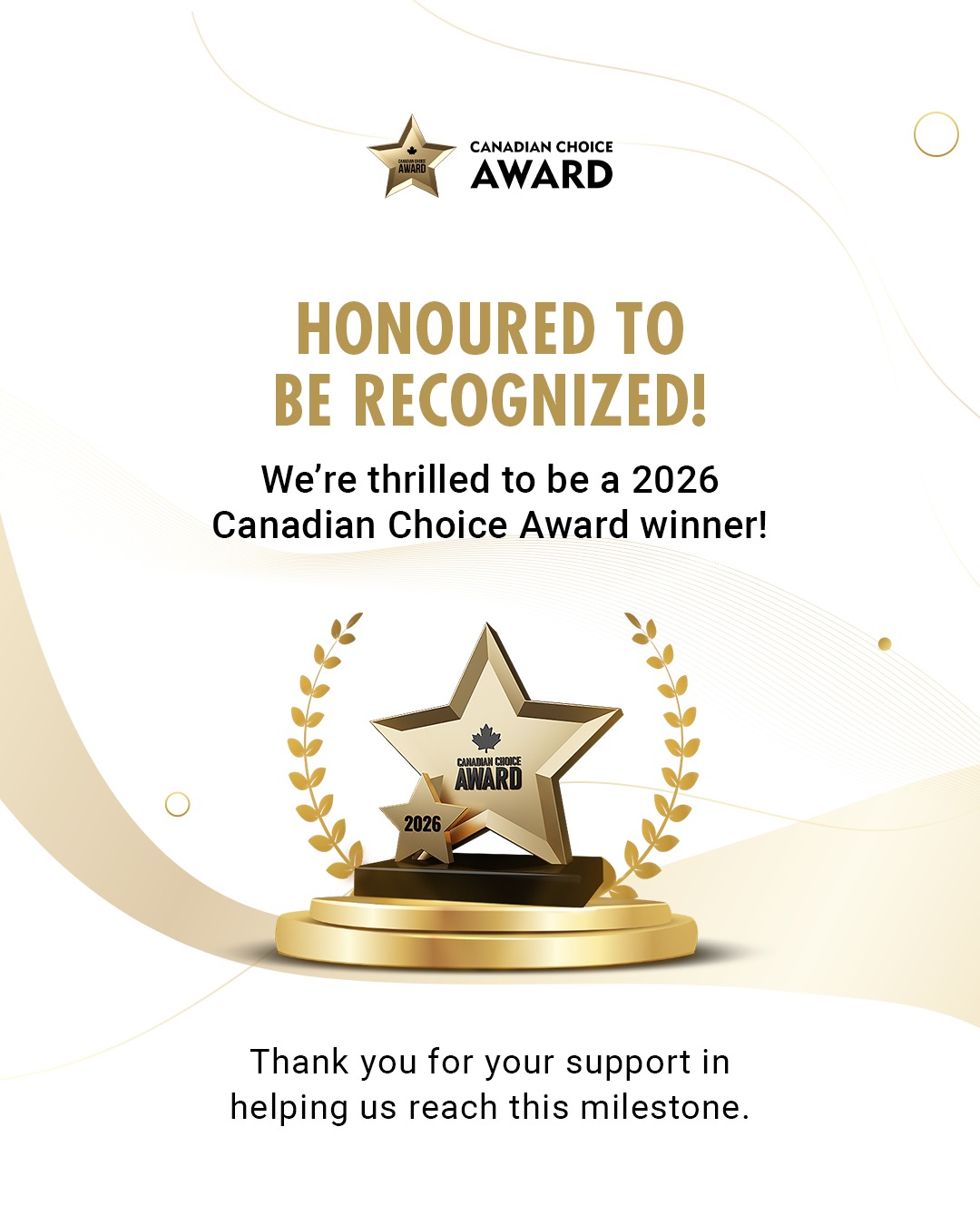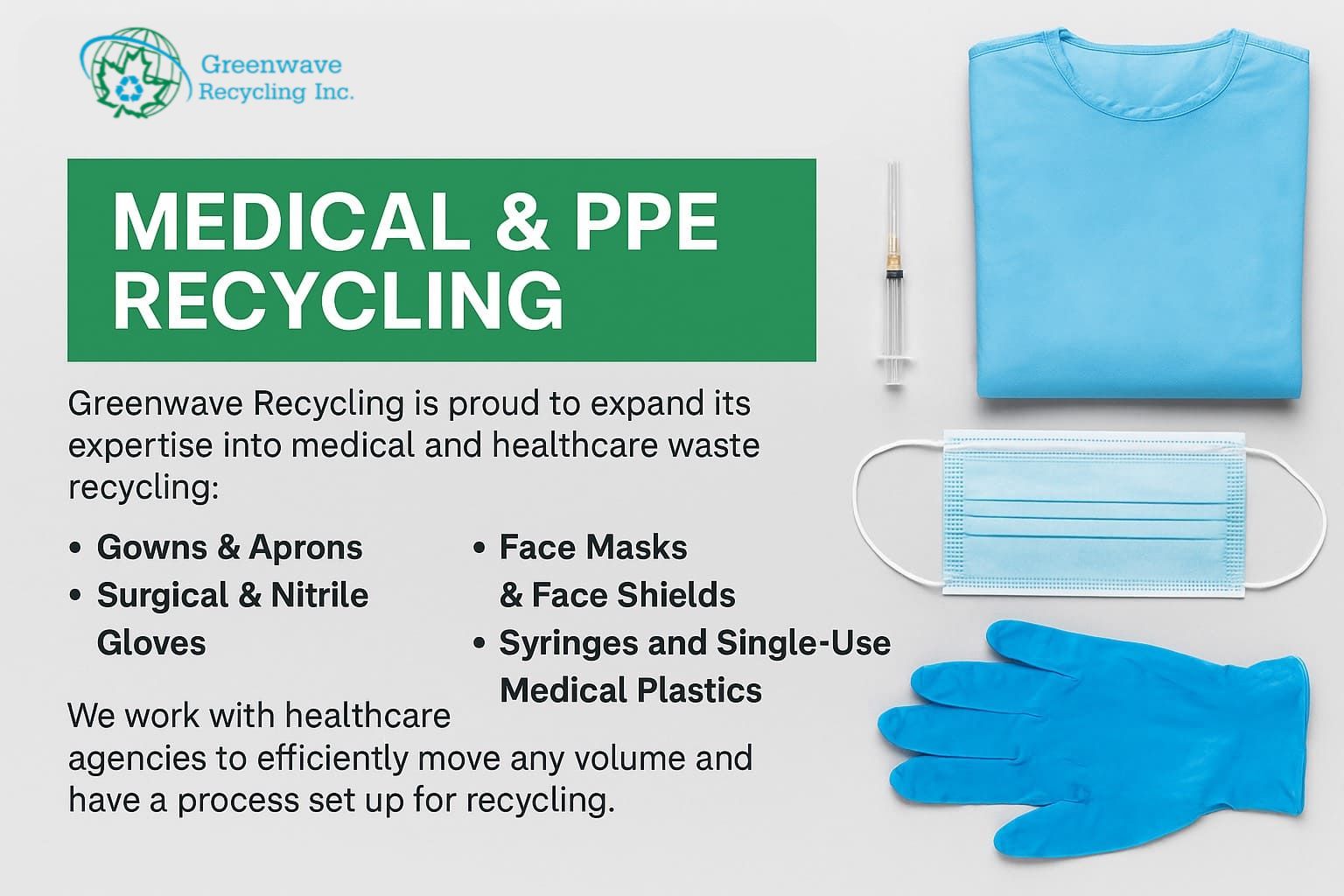The COVID-19 pandemic reshaped public health systems across the globe. In Canada, the mass adoption…

In today’s climate-conscious economy, Canadian businesses are increasingly turning to zero waste solutions to meet sustainability goals, comply with regulations, and reduce operational waste. But zero waste is more than just recycling — it’s a strategic shift toward circular operations that conserve resources, save money, and build long-term brand value.
What Are Zero Waste Solutions?
Zero waste solutions involve designing processes to reduce waste generation at every stage of a business operation. This includes rethinking materials, reusing products, recycling efficiently, and ensuring waste is diverted from landfills entirely. In Canada, the push for zero waste is part of broader commitments under the Zero Plastic Waste Initiative and Canada-wide Action Plan on Zero Plastic Waste ¹.
Why Canadian Businesses Need Zero Waste Strategies
Canada generates over 3 million tonnes of plastic waste annually, and only 9% of it is recycled ². Businesses that adopt zero waste programs can:
- Lower disposal costs through waste diversion
- Meet ESG and CSR goals to attract eco-conscious investors
- Strengthen brand trust with customers and partners
- Improve supply chain efficiency and reduce material waste
Types of Zero Waste Solutions for Businesses
1. Post-Industrial Plastic Recycling
Recycle LDPE, HDPE, PP, PS, and ABS plastics from manufacturing waste into usable pellets or regrind materials.
2. Closed-Loop Recycling Programs
Use in-house or third-party solutions to reuse materials internally — a growing trend in the automotive, food, and packaging sectors.
3. Waste Audits and Material Flow Analysis
Identify waste streams and optimize resource use through data-backed analysis.
4. Comprehensive Zero Waste Consulting
Work with companies like Greenwave Recycling Inc. to develop tailored recycling and waste diversion programs that align with local regulations and industry best practices.
Ready to implement sustainable waste solutions? Contact us to customize your zero waste business strategy in Canada.
Real-World Impact of Zero Waste in Canada
Cities like Toronto, Vancouver, and Montreal are already enforcing stricter waste diversion bylaws. Businesses aligning with these goals not only stay compliant but also support Canada’s Net-Zero Emissions by 2050 targets ³.
Getting Started with Zero Waste
- Book a professional waste audit
- Train your teams on waste sorting and reduction
- Work with certified recycling partners
- Track and report progress through ESG frameworks
Frequently Asked Questions
A zero waste strategy eliminates landfill waste by redesigning production and recycling systems to reuse all materials.
Yes. Many low-cost or subsidized recycling services are available, and waste audits often reveal cost-saving opportunities.
Not exactly. Recycling is one part of zero waste. Zero waste focuses on redesigning systems to prevent waste generation in the first place.
Common materials include plastics (LDPE, HDPE, PP), metals, paper, cardboard, and even some organics depending on regional policies.
Conclusion
Adopting zero waste solutions isn’t just an environmental choice—it’s a strategic move toward operational efficiency, regulatory compliance, and brand leadership in Canada’s evolving green economy. Whether you’re a small business or a large enterprise, transitioning to zero waste can cut costs, enhance sustainability performance, and future-proof your operations. Now is the time to act—invest in smarter systems that value resources, reduce waste, and reflect your commitment to a cleaner, circular future.




